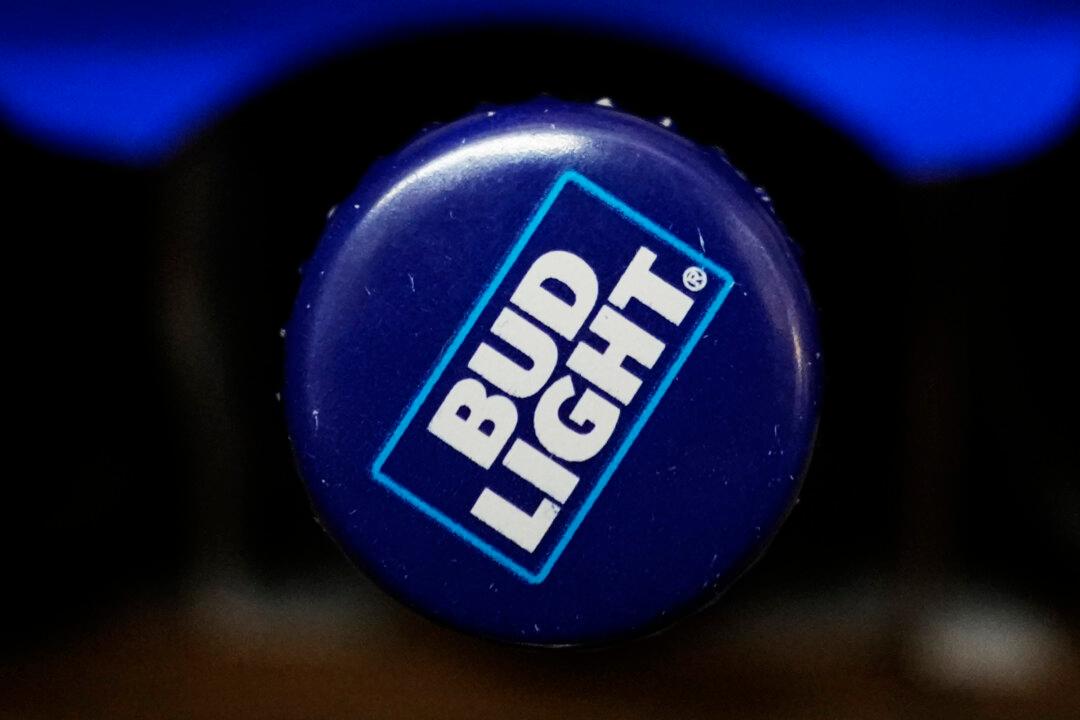The latest industry figures show that Bud Light’s sales slump deepened into May as the fallout from the brand’s engagement with transgender influencer Dylan Mulvaney continues to hammer Bud Light’s bottom line.
Sales volumes of Bud Light fell by 23.6 percent in the week ended on May 6, according to retail scanner numbers cited by Beer Business Daily that are based on Nielsen IQ data.





